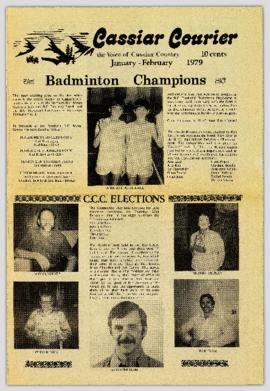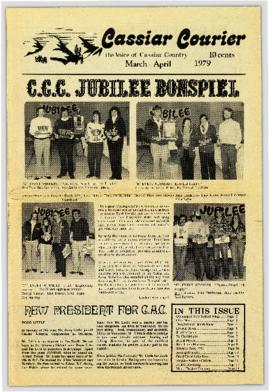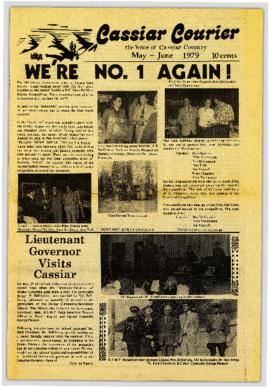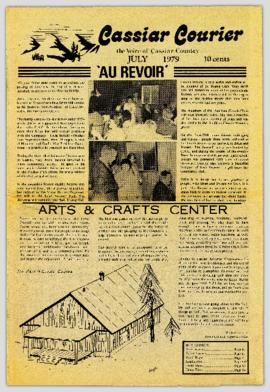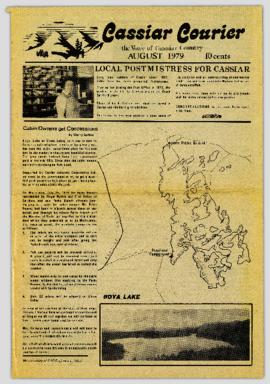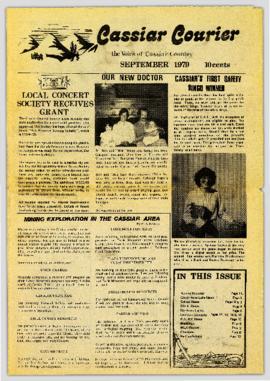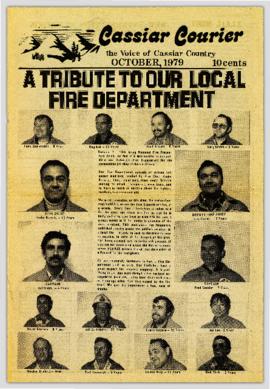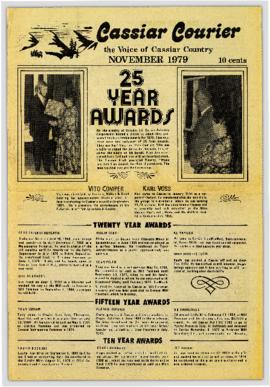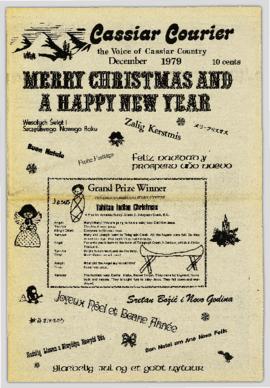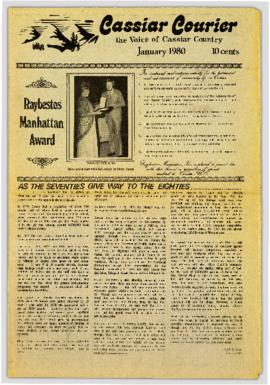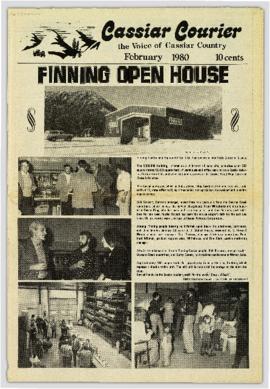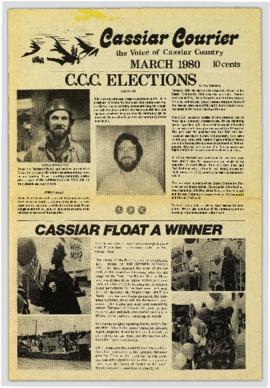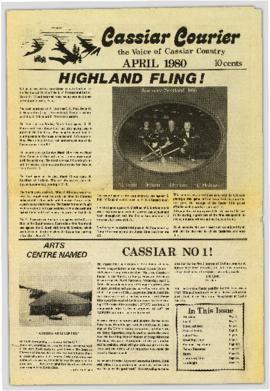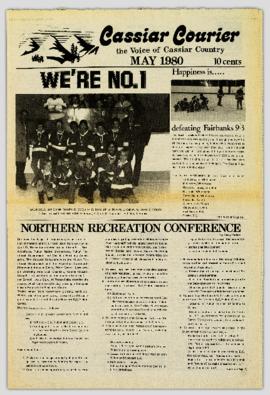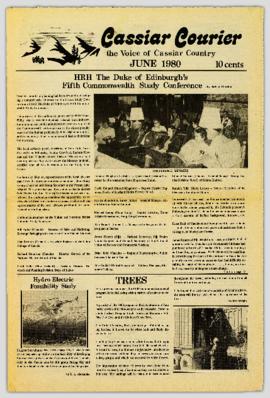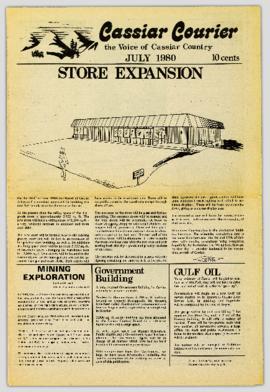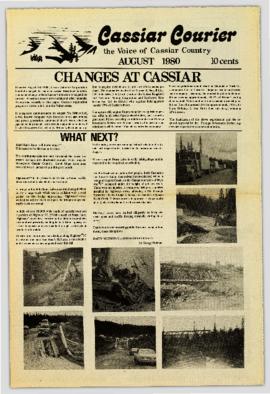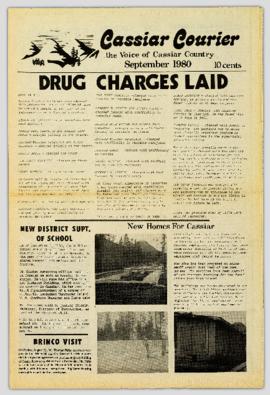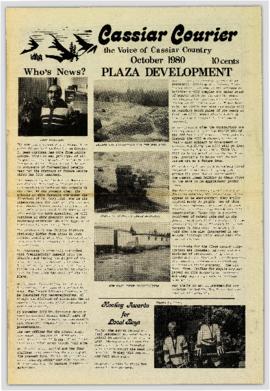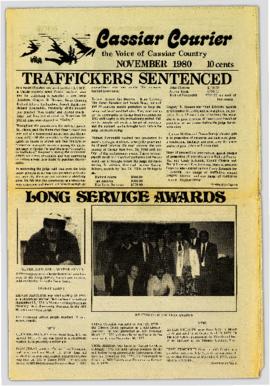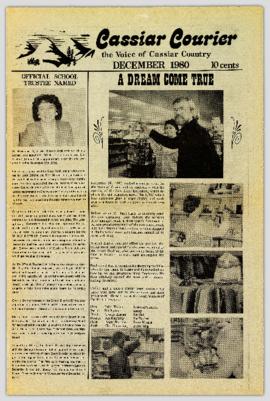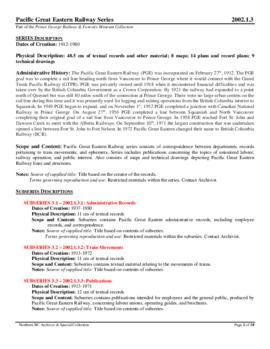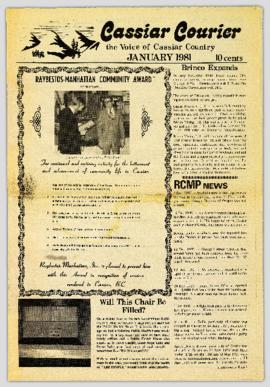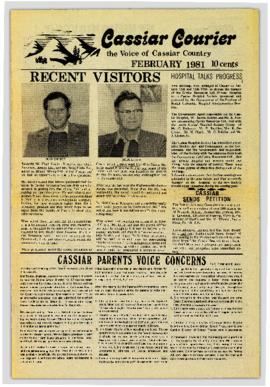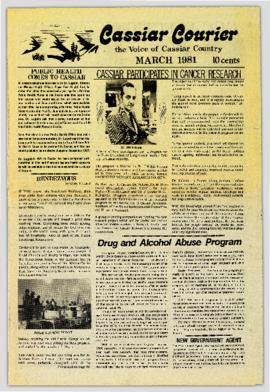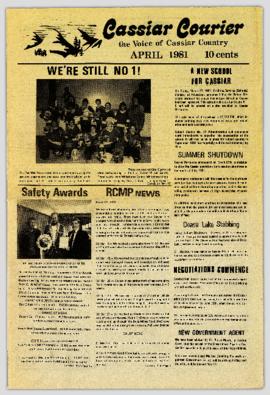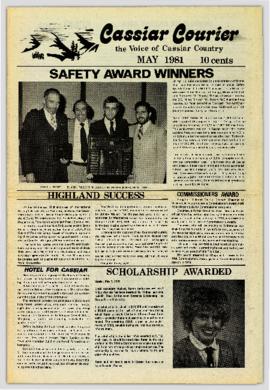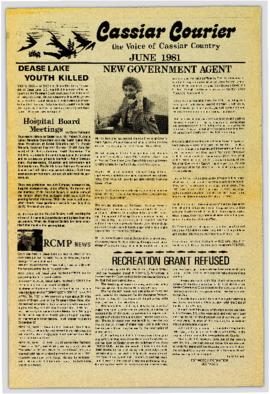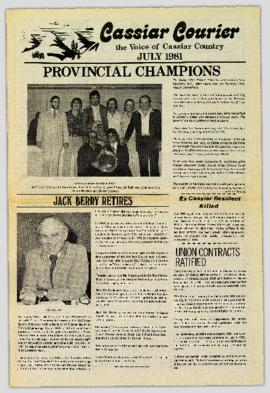File consists of a speech given by Gary Runka entitled "Future of Intensive Livestock Enterprises in the more densely populated areas of the Agricultural Land Reserve" for the Agricultural Engineering Branch of the BC Ministry of Agriculture.
Commentary on this speech by Barry Smith of the Ministry of Agriculture and Lands:
"In the letter dated December 29,1978, from GGR to Pat Brisbin (Secretary, Engineering Science Lead Committee), GGR refers to the enclosure as "the notes pertaining to my submission" that presumably was made at a meeting of the Engineering Science Lead Committee on December 21,1978.
The thrust of this item is to address the matter of intensive livestock farming in areas within close proximity to urban uses - e.g. in the ALR and along the urban / rural edge.
The 'notes" include a list of twelve "considerations" that should be taken into account when dealing with livestock enterprises on the urban edge.
Six 'actors' and their responsibilities are identified including:
- The Agricultural Land Commission;
- Ministry of Agriculture;
- Local Governments;
- BC Federation of Agriculture;
- Intensive Livestock Operators; and
- Non-farming Public.
It is emphasized that there is a need for communications between these actors and a need for education to avoid conflicts but makes clear that intensive agriculture shall be retained in the ALR.
The paper ends with a series of considerations - Philosophical / Social and Political Pressure / Financing and Tenure / Environmental - Pollution / Waste Disposal.
This paper demonstrates the long standing nature of concerns associated with intensive livestock operations near urban areas and the need for "edge planning"."
